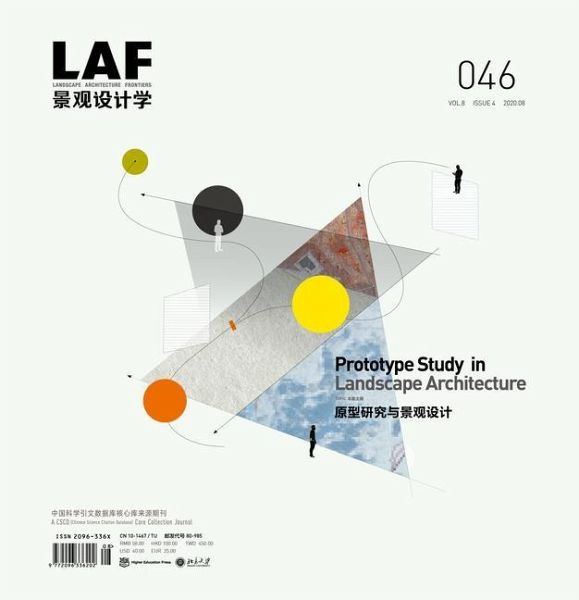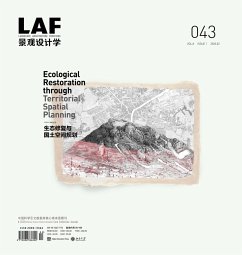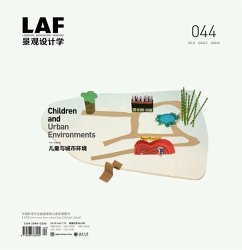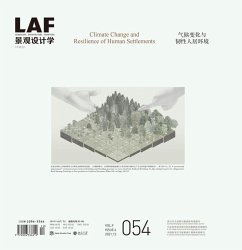
Landscape Architecture Frontiers 046
Prototype Study in Landscape Architecture
Herausgeber: Yu, Kongjian
Versandkostenfrei!
Versandfertig in über 4 Wochen
29,99 €
inkl. MwSt.

PAYBACK Punkte
15 °P sammeln!
In this issue, LA Frontiers focuses on prototype studies by examining those traceable and repeatable landscape theories, methodologies, and pedagogies, and introducing the knowledge from allied disciplines to inspire knowledge innovation, with a particular highlight on the prototypes adaptive to future uncertainties.












